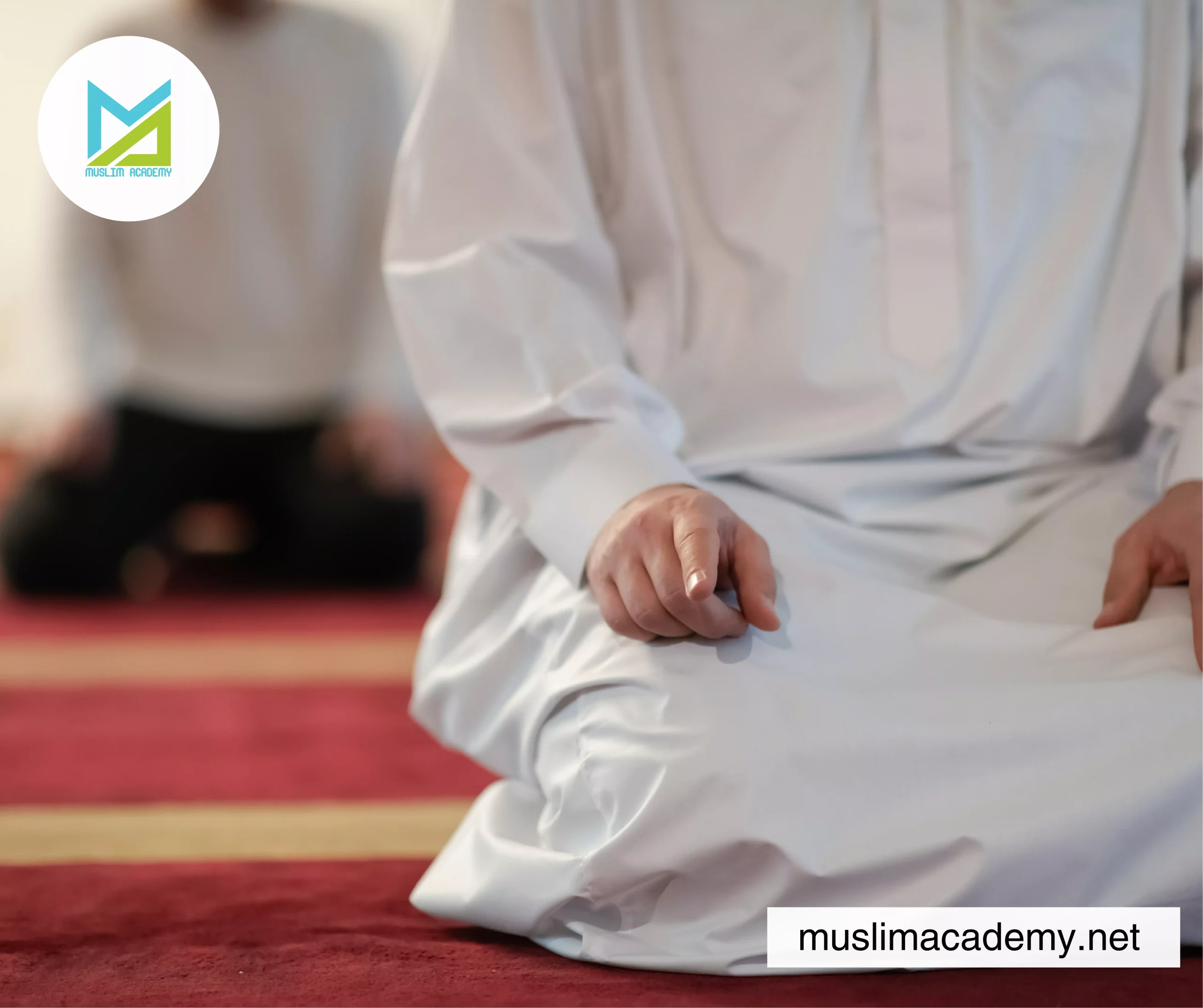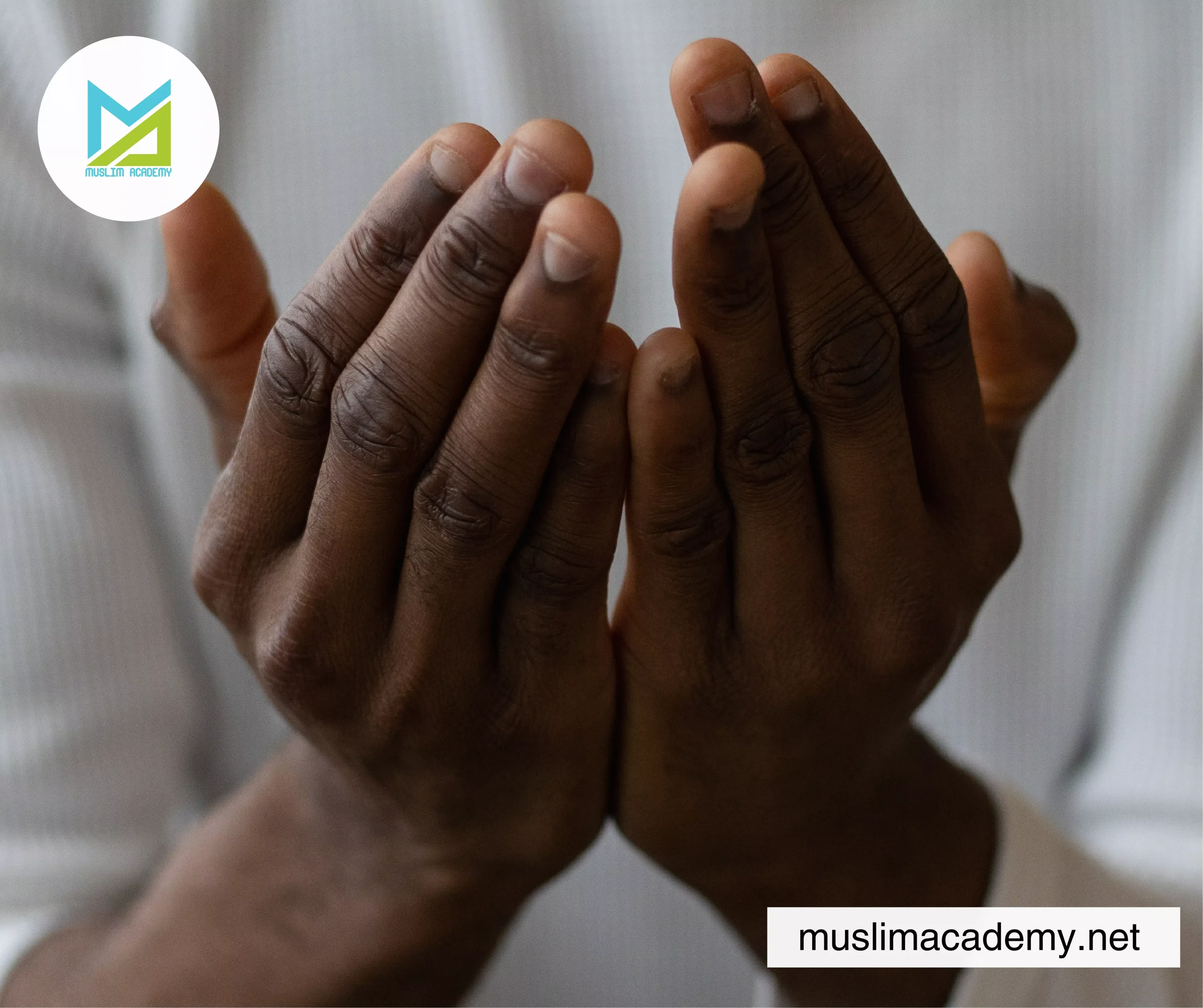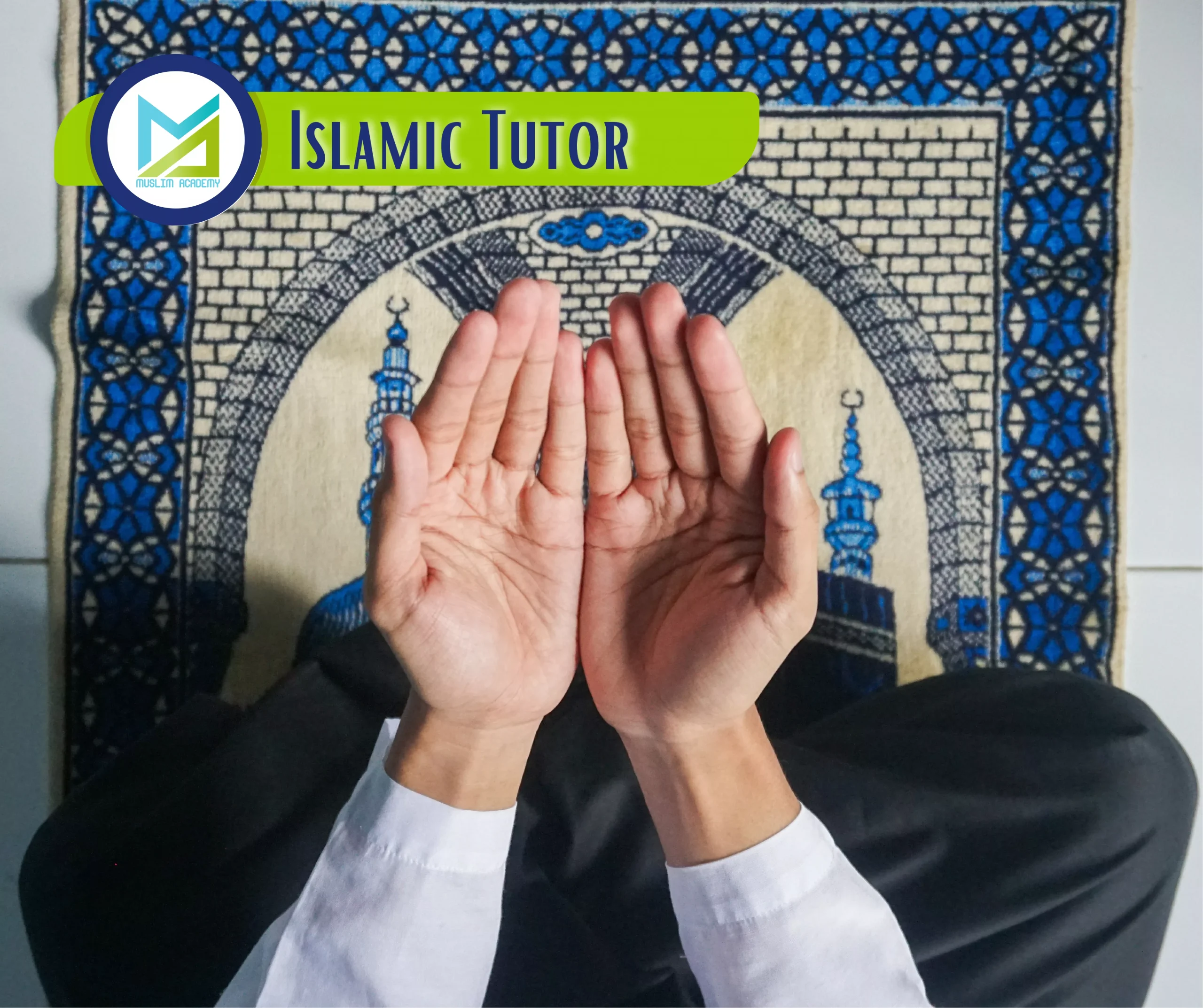Start Online Quran Classes with Muslim Academy
https://muslimacademy.net/index.php/free-trial/
The landscape of Islamic education has evolved significantly with the growing recognition of personalized learning benefits and the increasing availability of qualified individual instructors. An Islamic Tutor with Muslim Academy provides focused, one-on-one educational experiences that cater specifically to individual student needs, learning styles, and spiritual objectives. This personalized approach to religious education offers unique advantages that complement traditional classroom instruction while providing flexibility and customization that can dramatically enhance learning outcomes for students of all ages and backgrounds.
The Rising Demand for Personalized Islamic Education
Modern Muslim families increasingly seek educational options that provide individualized attention and flexible scheduling to accommodate busy contemporary lifestyles. The traditional model of group classes, while valuable for community building and peer interaction, may not adequately address the diverse learning needs and varying paces of individual students. An Islamic Tutor with Muslim Academy fills this educational gap by offering customized instruction that adapts to each student’s unique circumstances, learning preferences, and spiritual goals.
The demand for personalized Islamic education has grown particularly among families living in areas with limited access to quality Islamic educational institutions, busy professionals seeking to deepen their religious knowledge, and students with specific learning challenges that require specialized attention. These circumstances have created opportunities for qualified Islamic educators to serve broader communities through individualized tutoring services.
Parents often seek an Islamic Tutor with Muslim Academy services for their children to supplement school education with comprehensive Islamic knowledge, ensure proper Arabic pronunciation development, or provide intensive preparation for religious milestones such as completing Quranic memorization. The personalized attention available through tutoring can accelerate learning progress while building confidence and enthusiasm for Islamic studies.
Adult learners, including new converts to Islam and those returning to religious education after years away, frequently benefit from the patient, judgment-free environment that characterizes quality tutoring relationships. These students often have specific questions, concerns, or learning objectives that are best addressed through individualized instruction.
Qualifications and Expertise of Professional Islamic Educators
A qualified Islamic Tutor with Muslim Academy possesses comprehensive religious education that typically includes formal certification in Quranic recitation and memorization, demonstrated through Ijazah credentials that validate their authority to teach Islamic knowledge. These certifications trace instructional lineage back through chains of qualified teachers, ensuring authentic transmission of Islamic educational traditions.
Beyond formal religious qualifications, effective Islamic tutors with Muslim academies demonstrate strong pedagogical skills that enable them to adapt their instruction to different learning styles, age groups, and proficiency levels. This combination of religious expertise and teaching ability distinguishes professional educators from those who may possess Islamic knowledge but lack the skills necessary for effective instruction.
Many Islamic tutors with Muslim Academy professionals hold advanced degrees in Islamic studies, Arabic linguistics, or related fields that provide a deep understanding of religious texts, historical contexts, and scholarly interpretations. This academic background enables them to answer complex questions, provide comprehensive explanations, and guide students through increasingly sophisticated levels of Islamic learning.
Continuous professional development through scholarly conferences, advanced training programs, and collaborative research projects helps Islamic Tutors with Muslim Academies maintain currency with educational best practices while deepening their religious knowledge and teaching effectiveness.
Customized Curriculum Development and Individual Learning Plans
One of the primary advantages of working with an Islamic Tutor with Muslim Academy lies in the opportunity for completely customized curriculum development that addresses specific student interests, learning objectives, and time constraints. Unlike standardized group programs that must accommodate multiple students with varying needs, individual tutoring allows for educational experiences designed specifically for each student’s circumstances.
Initial assessment procedures help Islamic Tutors with Muslim Academies understand each student’s current knowledge level, learning preferences, cultural background, and educational goals. This comprehensive evaluation forms the foundation for developing personalized learning plans that maximize educational effectiveness while maintaining appropriate pacing and realistic expectations.
Curriculum customization may involve emphasizing particular aspects of Islamic education based on student interests and needs. Some students may focus primarily on Quranic recitation and Tajweed mastery, while others prioritize memorization, Arabic language development, or Islamic history and jurisprudence. An Islamic Tutor with Muslim Academy can design programs that integrate multiple subjects or concentrate intensively on specific areas according to student preferences.
Flexible progression allows students to advance through material at their own optimal pace, spending additional time on challenging concepts while moving quickly through areas they master easily. This individualization prevents both boredom from material that is too simple and frustration from content that advances too rapidly.
Building Strong Educational Relationships and Trust
The success of Islamic Tutor with Muslim Academying depends heavily on establishing strong relationships built on mutual respect, trust, and shared commitment to educational excellence. An Islamic Tutor with Muslim Academy must create safe learning environments where students feel comfortable asking questions, expressing uncertainties, and exploring their spiritual development without fear of judgment or inadequate support.
Personal attention and individualized feedback help students develop confidence in their abilities while receiving specific guidance for improvement. The close working relationship between tutor and student enables early identification of learning challenges, quick adjustment of teaching methods, and immediate reinforcement of successful learning strategies.
Many tutoring relationships extend beyond formal instruction time to include ongoing support, encouragement during difficult periods, and celebration of achievements and milestones. This comprehensive support system often proves crucial for maintaining long-term commitment to Islamic education, particularly during challenging phases of learning.
Trust building involves demonstrating consistent reliability, maintaining appropriate professional boundaries, and showing genuine care for student welfare and spiritual development. Students who trust their Islamic Tutor with Muslim Academy are more likely to engage fully in their studies, accept challenging feedback, and persist through difficulties.

Flexible Scheduling and Accessibility Advantages
Modern families and working professionals often struggle to accommodate fixed class schedules that conflict with work commitments, family responsibilities, or other obligations. An Islamic Tutor with Muslim Academy provides scheduling flexibility that makes quality Islamic education accessible to students who might otherwise be unable to participate in traditional educational programs.
Evening sessions, weekend instruction, and holiday period intensive courses can accommodate diverse scheduling needs while maintaining consistent educational progress. This flexibility proves particularly valuable for families with multiple children requiring Islamic education, professionals with demanding careers, or students managing academic commitments alongside religious studies.
The ability to adjust session frequency and duration based on student availability and learning intensity preferences provides additional customization that enhances educational effectiveness. Some students benefit from daily short sessions, while others prefer longer weekly meetings that allow for comprehensive topic coverage and extended practice time.
Location flexibility, particularly with online tutoring options, eliminates transportation challenges and geographical limitations that might prevent access to quality Islamic education. Students can receive instruction from a highly qualified Islamic Tutor with Muslim Academy professionals, regardless of their physical location, opening access to expertise that might not be available locally.
Technology Integration in Modern Islamic Tutoring with Muslim Academying
Contemporary Islamic tutors with Muslim Academy services increasingly incorporate educational technology that enhances traditional teaching methods while maintaining authentic Islamic content and instructional approaches. Video conferencing platforms enable face-to-face interaction that maintains personal connection while providing screen sharing capabilities for text study and interactive learning activities.
Digital resources, including online Arabic texts, audio recitation libraries, interactive pronunciation guides, and multimedia educational materials, provide Islamic Tutor with Muslim Academies with extensive tools for creating engaging and effective learning experiences. These resources can be customized and adapted for individual student needs while maintaining high standards for authenticity and accuracy.
Recording capabilities allow students to review instruction sessions, practice with tutor recitations, and track their progress over time. This technology supports independent practice between tutoring sessions while providing valuable feedback tools that help both students and tutors monitor advancement and identify areas needing additional attention.
Mobile accessibility enables continued learning during travel, commutes, or other periods when formal study might not be possible. An Islamic Tutor with Muslim Academy can provide practice materials, review assignments, and maintain communication that supports consistent educational progress regardless of temporary schedule disruptions.

Specialized Services for Diverse Student Populations
Islamic tutors with Muslim Academy services increasingly cater to specific demographic groups with unique educational needs and learning considerations. Children’s tutoring programs require age-appropriate teaching methods, engaging activities, and patient instruction that introduces young minds to Islamic knowledge in positive, encouraging ways.
Adult education tutoring serves individuals returning to Islamic education after years away, new converts seeking comprehensive Islamic knowledge, and lifelong learners pursuing deeper understanding of their faith. These programs must accommodate varying levels of previous Islamic education while providing meaningful learning experiences that respect adult learning preferences and time constraints. Functional need tutoring addresses students with learning differences, physical limitations, or other challenges that require adapted instructional approaches. An Islamic Tutor with Muslim Academy trained in special education techniques can provide inclusive instruction that ensures all students have access to quality Islamic education regardless of their particular circumstances.
Intensive preparation tutoring helps students prepare for specific objectives such as Quranic memorization completion, Islamic scholarship examinations, or teaching certification requirements. These focused programs provide concentrated instruction and support for achieving particular educational milestones.
Assessment Methods and Progress Monitoring
Effective Islamic Tutor with Muslim Academying includes comprehensive assessment methods that measure multiple aspects of student development while providing specific feedback for continued improvement. Regular recitation evaluations assess pronunciation accuracy, Tajweed application, and overall recitation quality while identifying areas needing additional practice and reinforcement.
Memorization progress tracking helps students and tutors monitor retention, accuracy, and fluency development while adjusting practice methods and scheduling to optimize memorization effectiveness. These assessments motivate recognition of achievement while ensuring that memorization work meets authentic Islamic standards.
Comprehension evaluation explores student understanding of Quranic meanings, Islamic principles, and practical applications in daily life. An Islamic Tutor with Muslim Academy can engage students in discussions, assign reflection exercises, and observe behavioral changes that indicate genuine understanding and internalization of Islamic teachings.
Progress documentation helps maintain motivation and provides evidence of advancement that students can share with family members and community supporters. This record-keeping also helps tutors adjust their instructional approaches based on observed learning patterns and student feedback.
Professional Development and Educational Excellence
The field of Islamic Tutor with Muslim Academy requires continuous professional development to maintain instructional effectiveness and stay current with educational best practices. Islamic tutors with Muslim Academy professionals engage in ongoing Islamic scholarship, pedagogical training, and technological skill development that enhances their teaching capabilities.
Professional networks and associations provide opportunities for Islamic tutors with Muslim Academies to share experiences, learn from colleagues, and access resources that improve their instructional quality. These collaborative relationships contribute to broader improvements in Islamic education while supporting individual professional growth.
Advanced training in educational psychology, learning theory, and instructional design helps Islamic Tutor with Muslim Academies develop more effective teaching methods while maintaining authentic Islamic content and traditional educational values. This combination of religious expertise and pedagogical sophistication distinguishes professional tutors from casual educators.
Specialization opportunities allow Islamic tutors with Muslim academies to develop expertise in particular areas such as children’s education, adult learning, functional needs instruction, or intensive memorization programs. This specialization enables tutors to serve specific populations more effectively while building reputations for excellence in their chosen areas.
Future Opportunities and Industry Growth
The Islamic Tutor with Muslim Academying industry continues expanding as demand grows for personalized religious education, and qualified tutors develop innovative service delivery methods. Technology advancement creates new possibilities for enhanced instruction while increasing accessibility for students worldwide seeking quality Islamic education.
International opportunities enable qualified Islamic tutors to work with Muslim Academy professionals to serve global Muslim communities through online platforms, creating sustainable careers while contributing to Islamic education in underserved regions. This global reach amplifies individual tutor impact while fostering international connections within the Islamic educational community.
Collaborative programs linking Islamic tutors with Muslim academies with traditional educational institutions may create hybrid learning models that combine the benefits of personalized instruction with community learning experiences and institutional resources.
Conclusion: Embracing Excellence in Personalized Islamic Education
The role of the Islamic Tutor with Muslim Academy in contemporary religious education represents a valuable complement to traditional Islamic educational institutions while addressing modern learning needs and preferences. These dedicated educators provide personalized instruction that honors Islamic educational traditions while adapting to contemporary circumstances and leveraging modern educational tools and techniques.
As demand for quality Islamic education continues growing worldwide, Islamic tutors with Muslim Academying services will likely play increasingly important roles in ensuring that all Muslims have access to authentic religious instruction that supports their spiritual development and educational goals. The success of these personalized educational approaches demonstrates that individual attention and customized instruction can significantly enhance Islamic learning outcomes while maintaining the reverence and authenticity essential to religious education.
